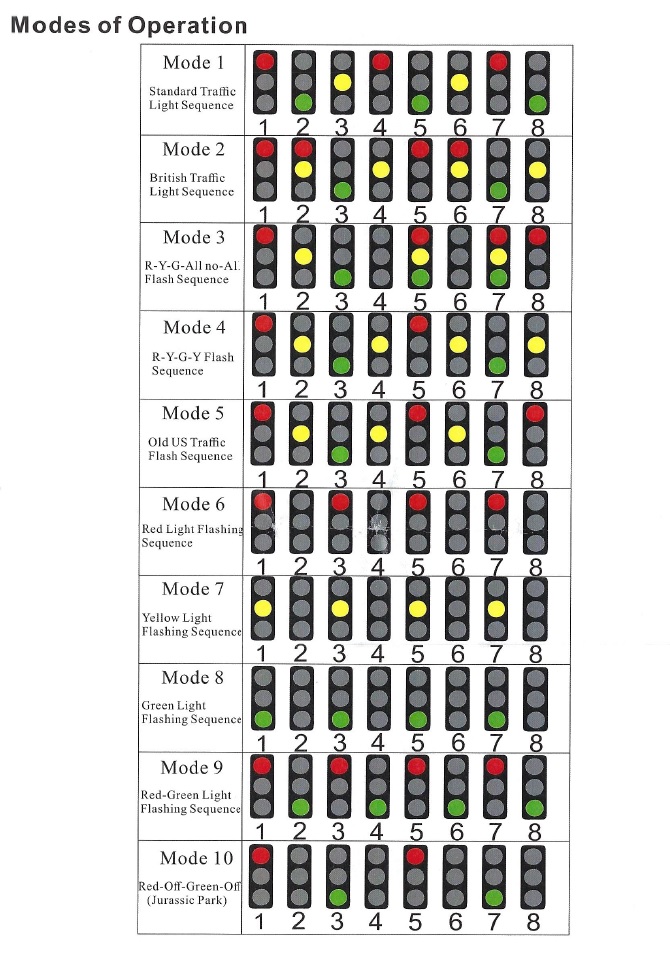Is Imitation Truly the Sincerest Form of Flattery?
By Robert S. Wilcox
Oscar Wilde famously coined the phrase, "Imitation is the sincerest form of flattery..." And in some circumstances, one could take great pride in knowing that their hard work, unwavering efforts, and personal sacrifice garnered such notice. But many people tend to overlook or forget the second half of the phrase. The entire quote reads, "Imitation is the sincerest form of flattery that mediocrity can pay to greatness." Clearly, he intended to admonish and belittle those who dared imitate another's works and endeavors. And when it comes to business, there is an even less endearing term for it --intellectual property theft.
Unfortunately, Galak Electronics has become one of the most recent victims of this blatant thievery. I say recent because there are a plethora of US-based companies that have suffered intellectual property theft at the hands of nefarious sources in China for many years. According to a 2019 article, one in five corporations said that China stole their intellectual property within the previous year.1 To compound the problem, these Chinese manufacturers are completely undeterred by copyrights, trademarks, and even patents. But before we present our evidence of such theft, let's take a look at the genesis of this troubling issue.
In today's global economy, the real brass ring is the American consumer, and no virtual storefront is more frequented than Amazon to acquire quality products at bargain-basement prices. In fact, the e-commerce market continues to break all previous markers for economic growth year in and year out. Consider that e-commerce platforms such as Amazon and eBay saw a 44% jump in sales from 2019 to 2020, with consumers spending $861.02 billion online.2 Of course, this was augmented by the onset of Covid lockdowns and widespread fear amongst the general population to voyage out and leave the relative safety of their homes.
This is also one of several reasons why traditional brick-and-mortar retail stores have become less desirable to the average consumer. With literally any product you can imagine (and some you can't), retailers like Amazon can offer consumers an unparalleled experience with unlimited choices and better pricing. They make it easy for both the seller by warehousing their products and the buyer by providing seamless service and, in many cases, next-day delivery. The future has literally arrived at our doorstep.
Providing easy access to a large swath of the US customer base has its drawbacks as well. Anyone can list a new product on Amazon and gain immediate attention using simple tools, such as Sponsored listings and Fulfillment by Amazon. The latter provides a service where the tech giant stocks the items in their warehouses and takes care of the entire customer transaction. As a result, Chinese sellers now comprise nearly half of all Amazon sellers, with two of the largest Chinese conglomerates amassing over $100 billion in revenue alone.3 Coupled with slave labor production costs, these unethical sellers can flood the market with cheaply made products and push out many legitimate suppliers.
With that in mind, let's take a look at our claim.
|

















